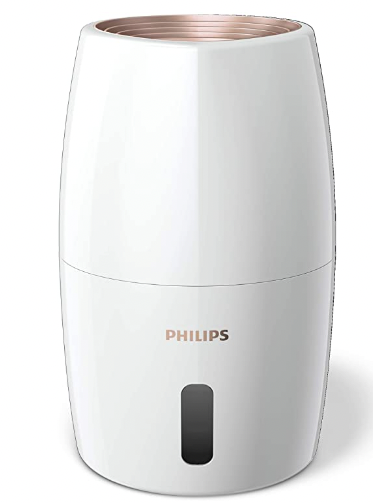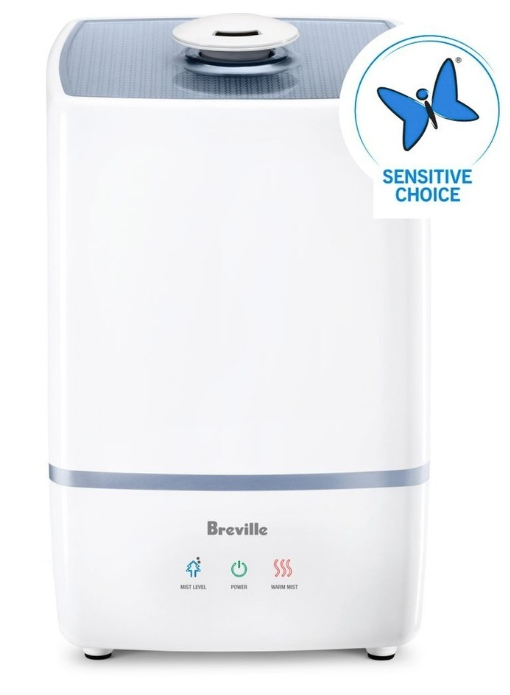How A Humidifier Could Transform Your Dry Skin This Winter
Illustration by Olivia Santner
At Refinery29 Australia, we’re here to help you navigate this overwhelming world of stuff. All of our picks are independently selected and curated by the editorial team, but we may earn commission or other compensation from the links on this page.
Dear Daniela,
Is it worth buying a humidifier? I keep seeing ads for them that suggest they can help your skin and to be fair, mine is really dry at the moment. Can a humidifier really help dry skin in the winter?
Is it worth buying a humidifier? I keep seeing ads for them that suggest they can help your skin and to be fair, mine is really dry at the moment. Can a humidifier really help dry skin in the winter?
Carrie, 25
As someone who likes to be very hydrated (I feel like I’ve covered this in numerous columns, but for any newbies: I stay strapped with a 500ml water bottle, a hand and nail cream and multiple tubes of Lanolips 101 Ointment at all times. Dry skin? In this economy? Can’t be happening), I really understand the allure of the humidifier. Central heating, especially the overzealous kind found in offices, really dries your skin out, as it’s just warm air with zero humidity. Then, you go outside and the biting chill strips your skin further, and again – no humidity.
AdvertisementADVERTISEMENT
"Raising the humidity improves the moisture content of the skin, ensuring you’re getting external hydration," explains Dr Benji Dhillon. Essentially, proper skin hydration means taking a two-pronged approach, and you can cover the internal part by drinking plenty of water. As for external hydration, when Mother Nature isn’t helping, that’s where a humidifier comes in. If you’ve been dutifully sipping water and layering on your hyaluronic acid serums and still find your skin is dehydrated to the point of flakiness and being sore, it might be time to take matters into your own hands with a bit of environmental control.
Humidity can also be the reason for makeup meltdown or frizz dilemmas, but a domestic humidifier is unlikely to create those levels of humidity. Cold air holds less moisture (like the air outdoors) but even when you switch on your central heating system, it simply warms up already dry air, bringing the relative humidity down. Warm, dry air tends to make moisture evaporate away from our bodies more easily, which makes the skin dehydrated. It also saps a layer of protection we need to fight off bacteria, as the mucus and moisture in your nose is a sort of filtration system. (Yes, finally got the word mucus into my column!)
What’s more, humidifiers have long been popular with singers and performers to help soothe their throats at night – Mariah Carey reportedly sleeps with several angled towards her bed. Of course, as Dr Dhillon cautioned, you don’t want to overdo it, as too much stagnant humidity isn’t good for the skin either, but a humidifier might be a good desk-side companion if you do work in a stuffy office. Personally, I find a warm flannel, held against my face with my morning and evening cleanse, then gently massaged over my skin to remove any dry skin really makes a difference – facialist Kate Kerr taught me this trick. Then, I layer on my hyaluronic acid and add ceramides and peptides to support my skin barrier further. I also really hate coughing, so maybe I should invest in a humidifier for that reason, too!
Good luck,
Good luck,
Daniela
Want more? Get Refinery29 Australia’s best stories delivered to your inbox each week. Sign up here!
AdvertisementADVERTISEMENT








